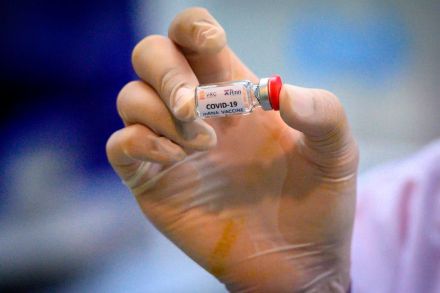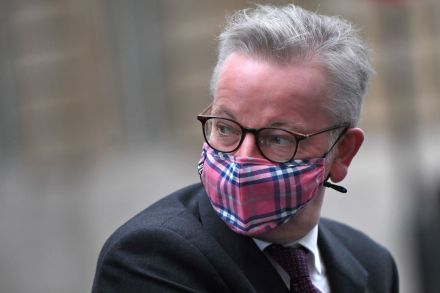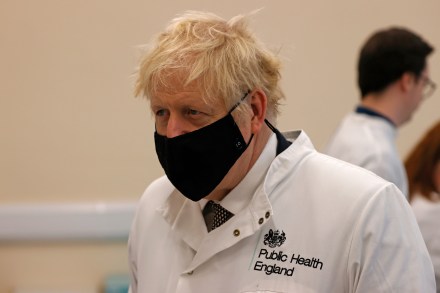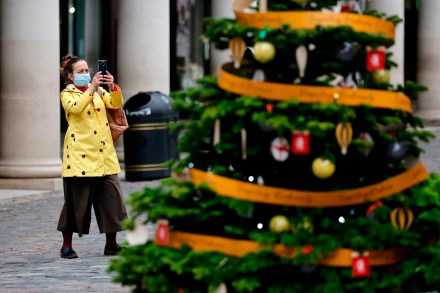The dangers of Covid-19 far outweigh the risks of a vaccine
For all the good news that has emerged about Covid-19 vaccines in recent weeks, it is clear that we are not doing a particularly good job addressing people’s reasonable concerns about vaccine safety. Before we go on though, it is important for you to know who I am, and who I am not. I am a minor academic in a decent university. I don’t normally work on vaccines, have never had any funding from Big Pharma (or anyone else) for vaccine studies, have no career in vaccines and not much to gain from writing this, other than a spike in trolling. I have never met Bill Gates and have no




















